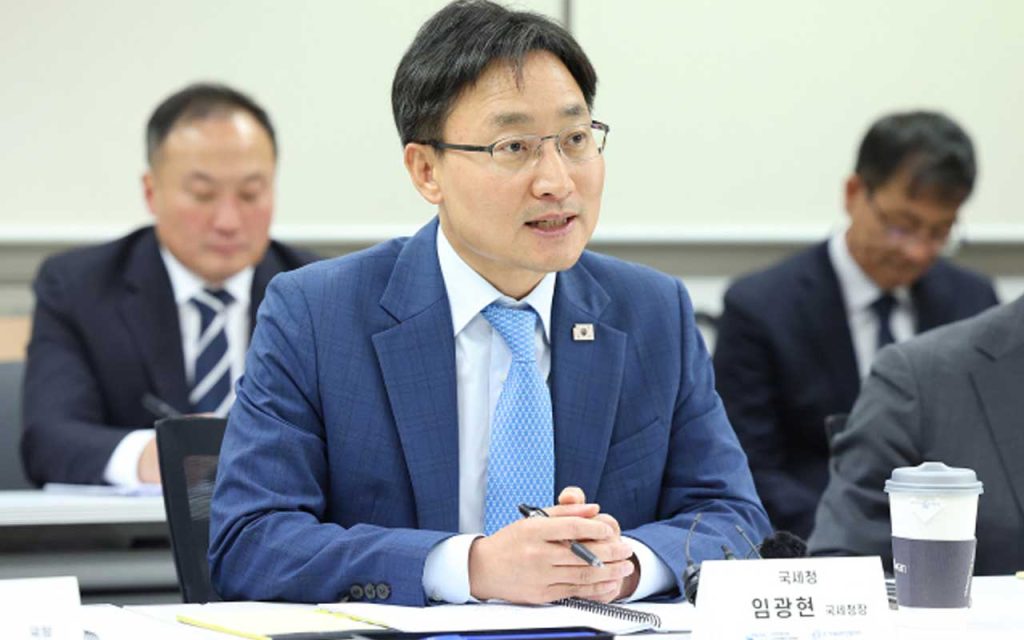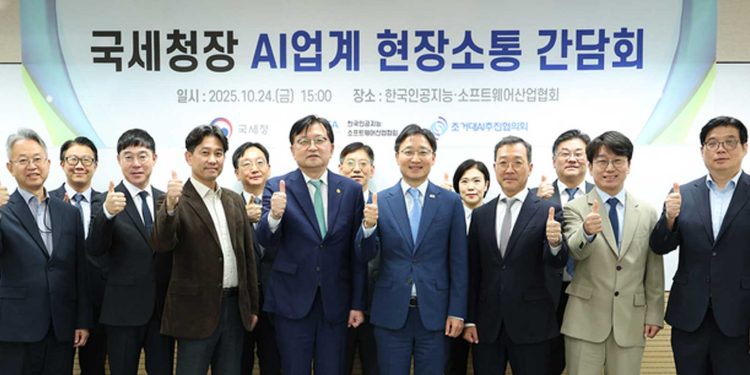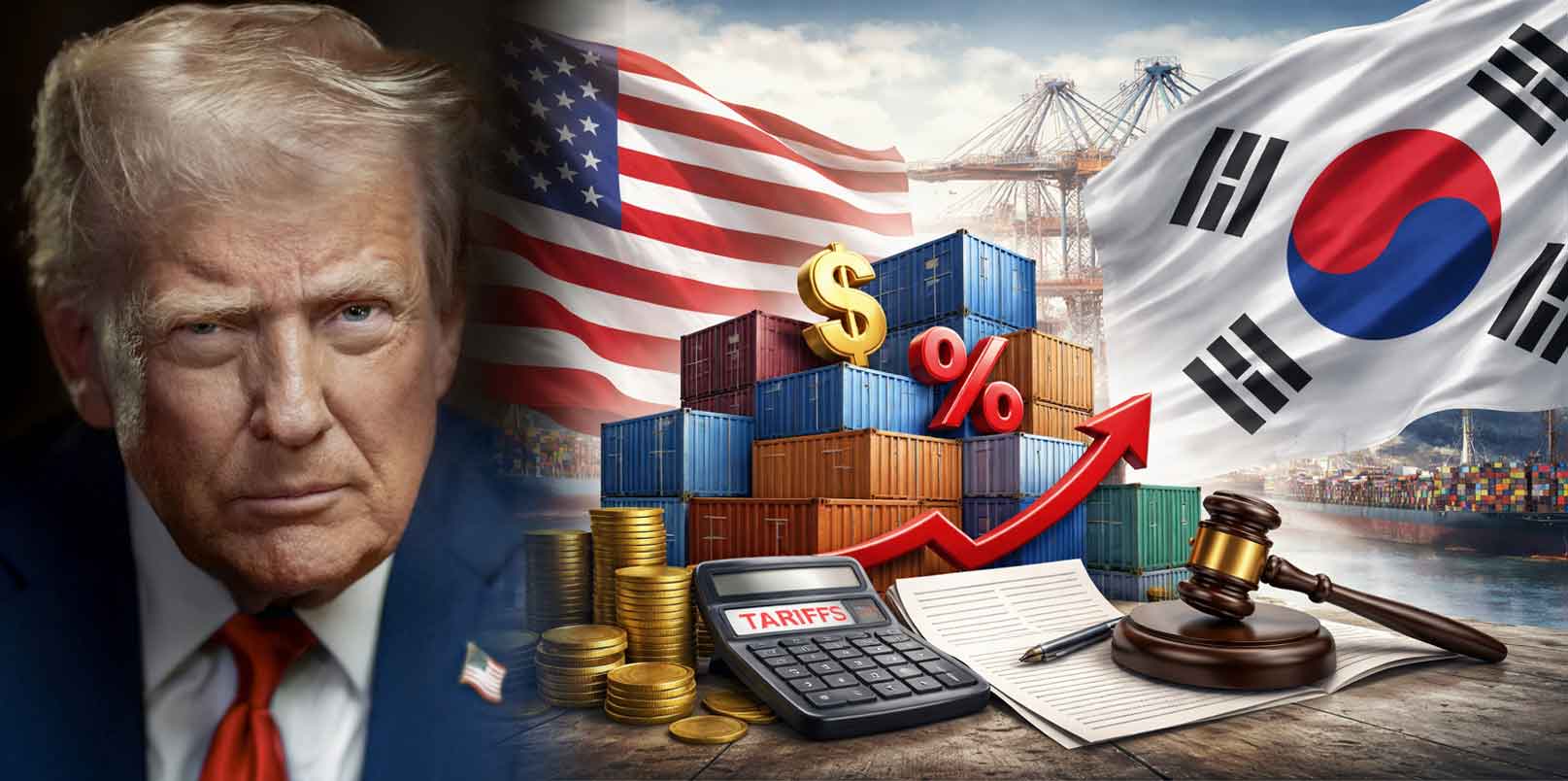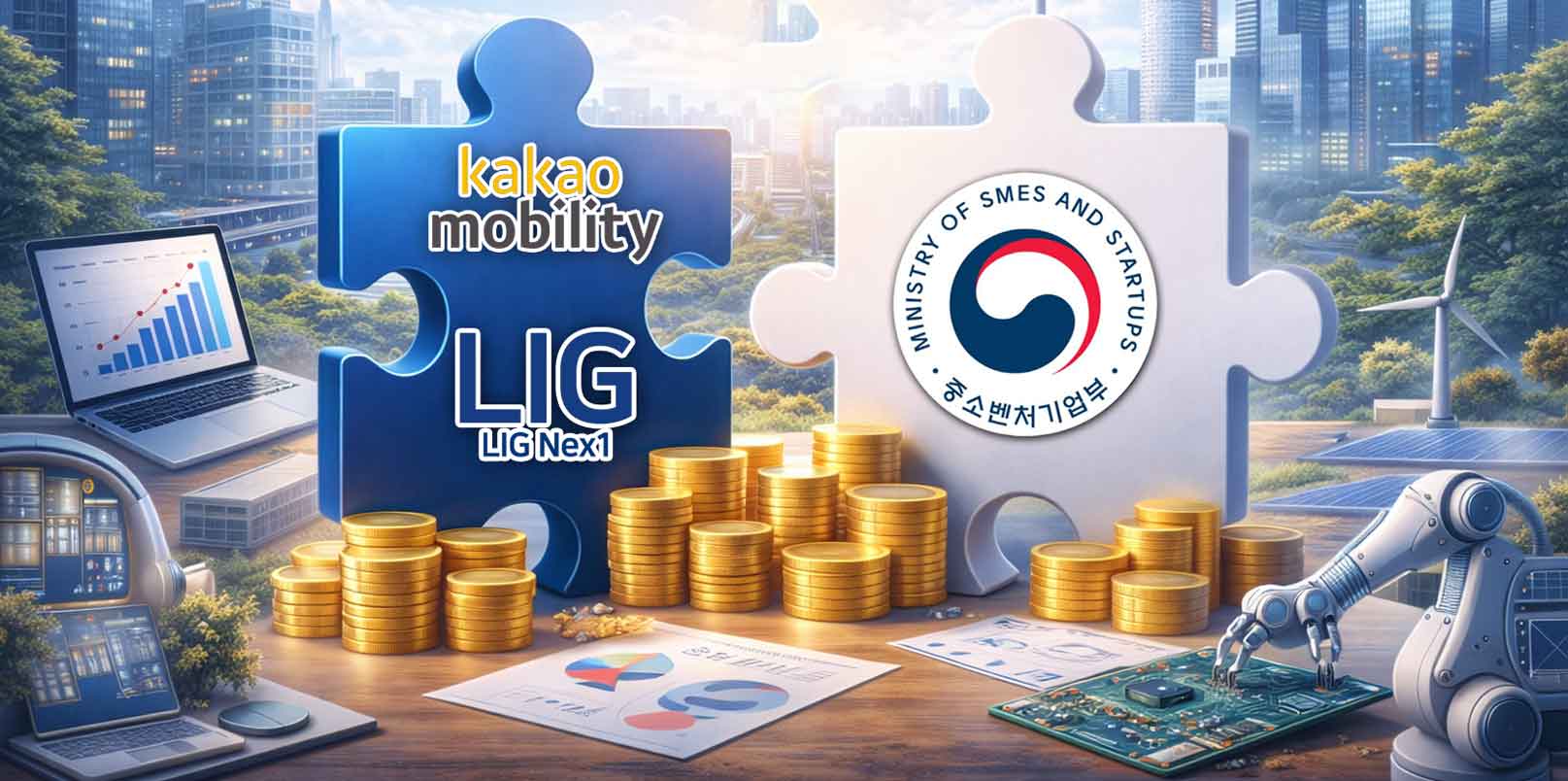Korea’s National Tax Service (NTS) has unveiled sweeping tax relief for 4,800 artificial intelligence (AI) startups and small to medium-sized enterprises (SMEs). The move marks a major step in the government’s ambition to position Korea among the world’s top three AI powerhouses. By easing compliance burdens and enhancing liquidity support, the initiative reinforces Korea’s bid to accelerate innovation and startup-led growth.
NTS Launches AI SME Tax Support Program
The National Tax Service (NTS) announced on October 24, 2025, that it will exempt or defer regular tax audits for about 4,800 AI-related SMEs and startups.
The new AI SME Tax Support Program takes effect October 27, following a policy consultation between NTS Commissioner Lim Kwang-hyun and industry representatives from the Korea Artificial Intelligence and Software Industry Association (KAISA) in Seoul.
The program supports the government’s broader national strategy of becoming one of the world’s “Top 3 AI Powers.” It aims to remove procedural and financial barriers that limit smaller AI firms’ ability to scale and innovate.
Startups operating within five years of establishment will be excluded from regular tax audits, while other AI SMEs may defer audit initiation for up to two years upon request. Companies without any signs of tax evasion will also be exempted from additional verification procedures, significantly reducing compliance pressure.
And to facilitate R&D, the NTS will also prioritize preliminary reviews of R&D tax credits and corporate tax relief consultations. They will also provide liquidity supports, including:
- Extension of tax payment deadlines
- Exemption from tax payment securities
- Suspension of asset seizures and sales
- Priority handling of correction claims
- Expedited tax refunds.
Korea Tax Relief: Policy-Driven Push Toward AI Leadership
The initiative reflects the government’s growing emphasis on AI industrial competitiveness and SME-driven innovation. AI has been officially designated a strategic field that will determine Korea’s long-term technological and economic position.
In parallel, the government is pursuing legislative revisions to classify five AI sub-technologies, including generative AI, as national strategic technologies eligible for R&D tax credits.
AI data centers are also expected to be recognized as strategic commercialization facilities, qualifying for integrated investment tax credits. Once amendments are finalized, expanded tax incentives will retroactively apply to R&D and investment expenditures made after January 1, 2025.
These combined measures illustrate a coordinated national effort between the NTS, Ministry of SMEs and Startups, and industry associations to drive Korea’s transition toward an AI-led economy.
Field-Driven Policy Coordination
At the Seoul roundtable, NTS Commissioner Lim Kwang-hyun said:
“AI technology has emerged as a strategic domain that determines national competitiveness. Yet our AI SMEs remain at a relative disadvantage in capital, manpower, and infrastructure. We will actively deliver tangible tax support that companies can genuinely feel.”

Cho Joon-hee, Chairman of the Korea Artificial Intelligence and Software Industry Association (KAISA), welcomed the initiative:
“AI SMEs generate higher employment growth than general companies and create many opportunities for young professionals. The NTS’s tax support will provide a solid foundation for a virtuous cycle of startup creation, job growth, and economic expansion.”
During the same meeting, AI company representatives also proposed additional measures such as income tax reductions for AI professionals, clearer R&D tax guidelines, and a dedicated AI tax assistance portal.
Commissioner Lim responded that the NTS will act swiftly on matters it can resolve internally and will coordinate with relevant ministries for issues requiring legislative changes.
Aligning Tax Policy with Innovation Growth
For Korea’s startup ecosystem, this policy signals a structural shift in how fiscal systems engage with innovation sectors. Reducing audit burdens and accelerating refund processes can improve liquidity for early-stage firms struggling with limited cash flow — a chronic challenge in Korea’s tech ecosystem.
By simplifying compliance and prioritizing R&D tax credits, the NTS is reinforcing an environment where startups can focus on product development, market entry, and global expansion. It also enhances Korea’s attractiveness to foreign investors and venture partners seeking stable regulatory frameworks supporting deep-tech and AI innovation.
As cross-border capital increasingly targets Asia’s emerging AI markets, Korea’s move positions it competitively alongside Japan, Singapore, and Taiwan, where fiscal incentives already play a role in tech scaling strategies.
Korea’s Fiscal Bet on AI Innovation
The NTS initiative demonstrates how fiscal policy can serve as an enabler of national innovation strategy. By aligning tax administration with technology development, Korea is linking its AI growth agenda directly to startup-level execution.
If effectively implemented, the AI SME Tax Support Program could become a model for other sectors — integrating tax, innovation, and employment policy into one ecosystem-driven framework.
For global investors and founders watching Korea’s AI ecosystem, this move signals a government intent on not just funding innovation, but building the institutional infrastructure required to sustain it.





